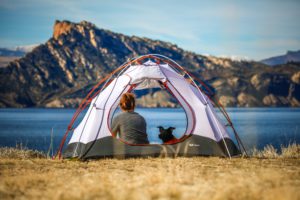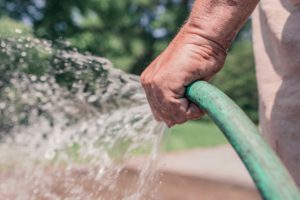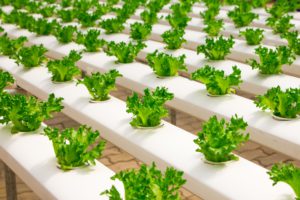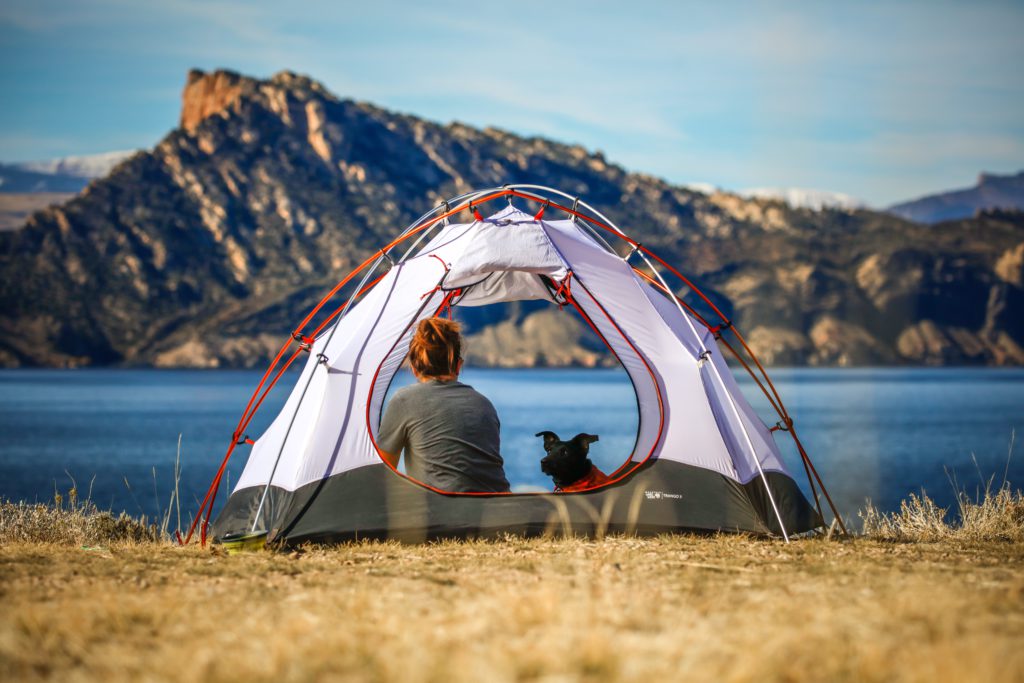The secret ingredient behind everyone's summer
From trekking in the rainy highlands of Scotland to beaches and barbecues in the torrid south of Spain, each European country has its own set of traditions, and its own temperature at which it considers the summer season to be on. The urge that we all feel to seize the opportunities summer provides has enabled many industries to develop their product offering and build summer collections that respond to specific consumer needs.
The most obvious one is fashion, but in the same vein is also gardening, sports & leisure or water activities. Across all these sectors, summer first and foremost means protecting materials against the elements as products are inevitably destined for the great outdoors. This is an essential role that plasticisers have played since the 1960s.
HOW DO THEY WORK?
Plasticisers are colourless and odourless organic liquids which are produced by reacting an alcohol with an acid. Plasticisers are found in PVC for instance, which often serves as a coating for fabrics destined for outdoor use. Once the PVC layer is cured, the fabrics become waterproof and have a very high resistance to dirt, chemicals, UV light and general abrasion.
PROTECTING YOU FROM THE SCOTTISH RAIN…
Over one million people from the UK explore the Scottish Highlands on foot every year, despite average temperatures in July not exceeding 17°C with rainfall dampening 50% of all days. Spending summer in Scotland simply boils down to having the proper equipment: fully waterproof trekking shoes and backpacks, protective clothing, as well as a sturdy tent for the more adventurous trekkers. PVC coated polyester is the most frequently used material for flexible fabric structures such as tents. Outdoor garments are made waterproof by covering a polyester scrim with a plastisol layer, which enables all these products to withstand Scotland's relentless rainfall. Thanks to these qualities, the ‘outdoors’ summer collection for Scottish trekkers can include light-weight but fully waterproof raincoats.


… TO THE SCORCHING SPANISH SUN
On the other side of the temperature spectrum is, which in July 2019 suffered temperatures over 40°C several days in a row. Whether its kids splashing around with the help of inflatable armbands in your summer-constructed inflatable pool at home or you are headed off to the beach armed with floats, PVC is essential to many of the products which define a hot summer holiday. Beyond its resistance to the elements, PVC is durable and not likely to suffer rips or holes from regular use.


BOOSTING GREEN CREATIVITY
But PVC is not only a companion in your summer excursions. PVC’s high resistance to tough weather conditions and its lightness also makes it a great building block for gardens: from greenhouse farming and big gardening projects to smaller DIY gardening ideas, plasticisers have you covered. PVC is so much more than hose pipes: one can find hundreds of stylish, practical and affordable project ideas for aquaponic and hydroponic gardens online built with PVC pipes and panels. Its lightness also allows professional and hobbyist gardeners to create vertical gardens enticing green projects everywhere, even in the smallest terraces.
In brief, no matter where or how you chose to spend your summer holidays, you can always plan with the assurance that plasticisers will keep you dry, afloat, and well-sheltered. Globally, approximately 7.5 million tonnes of plasticisers are consumed every year, of which European consumption accounts for well over 1.3 million tonnes. Enabling a weather-proof summer collection is only one part of a much larger story – from gardening to trekking and inflatable pools, plasticisers are the secret ingredient behind everyone’s summer.



